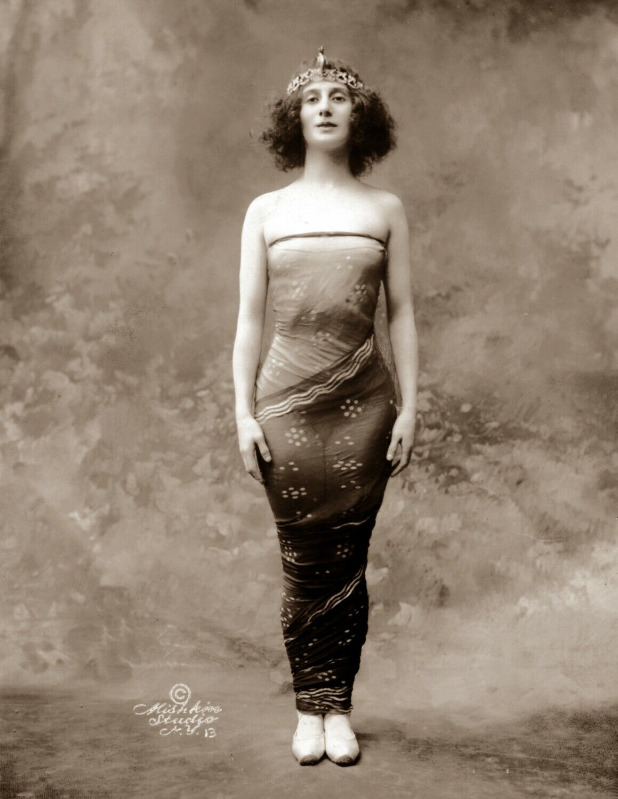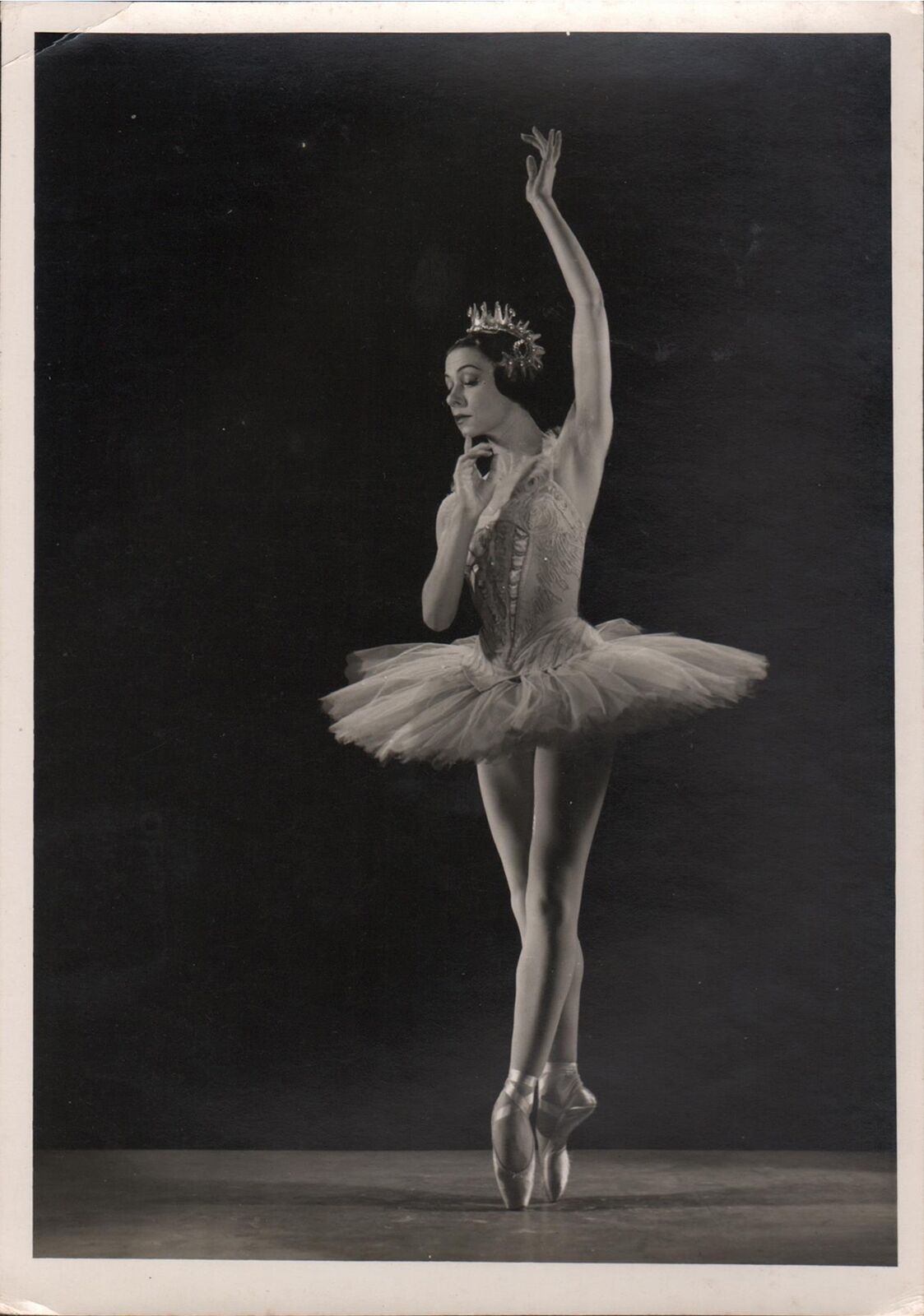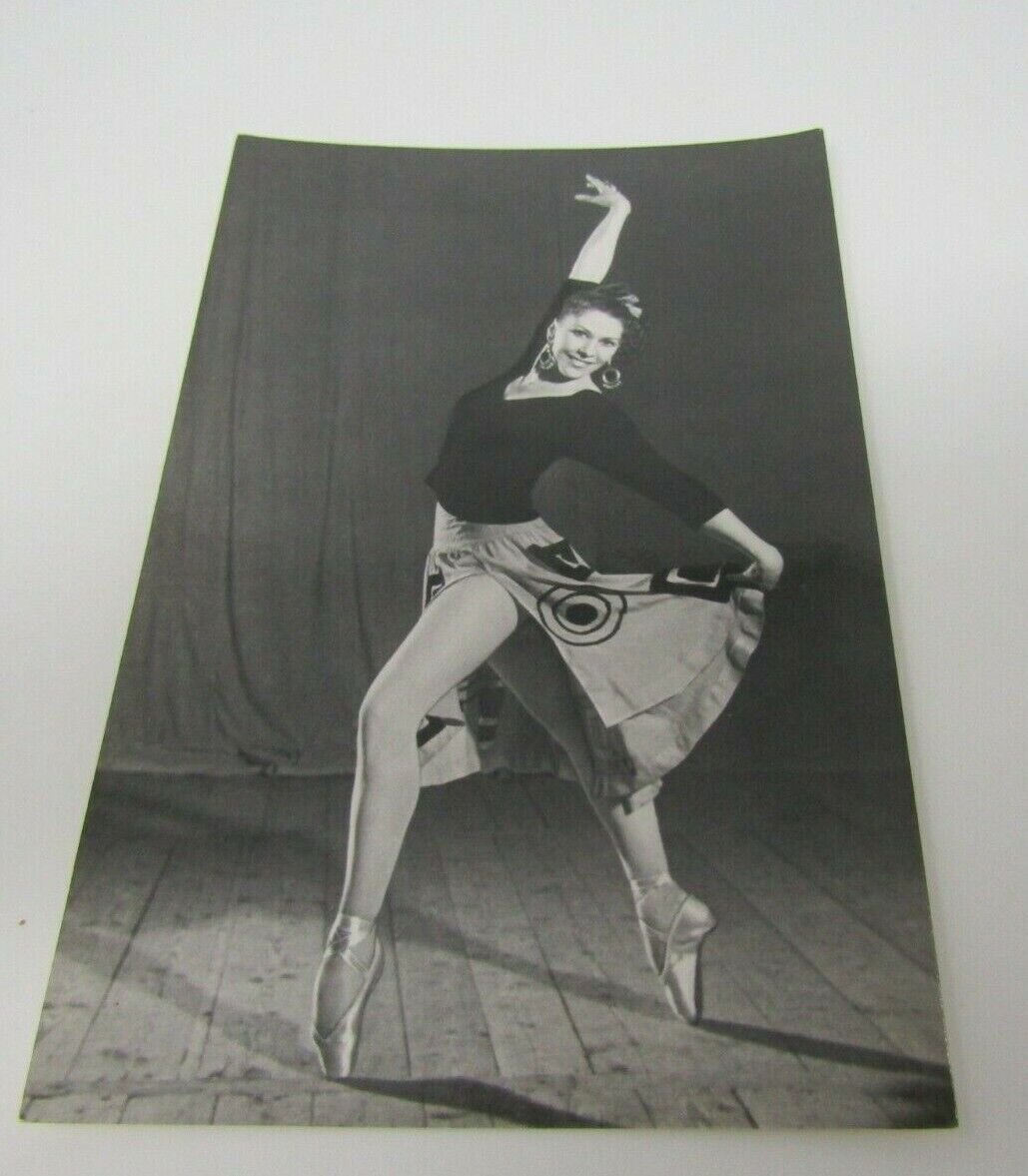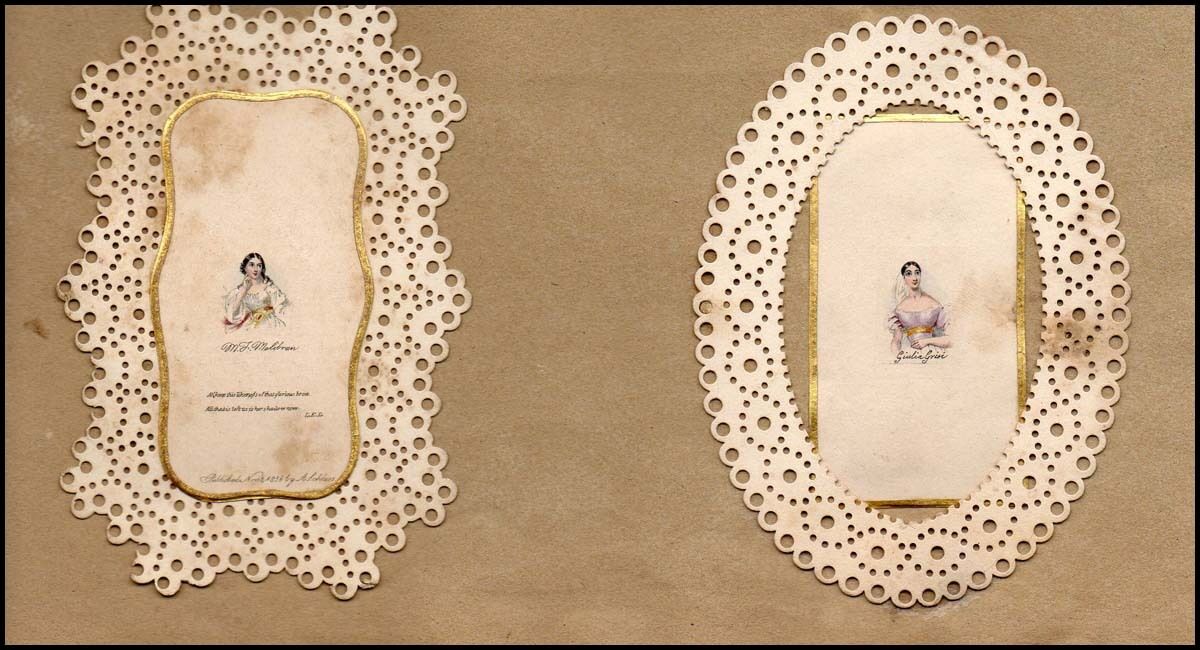-40%
Mischa Elman photo CHILD! violin violinist
$ 52.79
- Description
- Size Guide
Description
Hello!For sale I have a period postcard photo of violinist Misha Elman as a Child. A very rare image. Printed in Berlin by H. Noack. Unused. Excellent condition. 3.5 x 5.5 inches. USPS Priority Mail insured.
I have been a professional violinist for 20 years. I currently teach violin at University of California, Berkeley, and play Concertmaster for the Sacramento Philharmonic and Opera. I've been buying and selling music memorabilia on eBay since it was invented and I've been buying antique art from European and American auction houses for a decade. All pieces for sale are guaranteed authentic and come from my personal collection, which numbers in the thousands. To learn more about me visit www.danflanaganviolin.com.
Mischa (Mikhail Saulovich) Elman
(
Russian
:
Михаил Саулович Эльман
; January 20, 1891 – April 5, 1967) was a Russian-born
Jewish
-American violinist, famed for his passionate style, beautiful tone, and impeccable artistry and musicality.
Moses or Moishe Elman
[2]
was born in the small town of Talnoye (now known as
Talne
) in the
Umansky Uyezd
of the
Kiev Governorate
of the
Russian Empire
(present-day
Ukraine
).
[1]
His grandfather was a
klezmer
, or Jewish folk, musician who also played the violin. It became apparent when Mischa was very young that he had perfect pitch
[
citation needed
]
, but his father hesitated about a career as a musician, since musicians were not very high on the social scale. He finally gave in, and gave Mischa a miniature violin, on which he soon learned several tunes by himself. Soon thereafter, he was taken to
Odessa
, where he studied at the Imperial Academy of Music.
Pablo de Sarasate
gave him a recommendation, stating that he could become one of the great talents of Europe. He auditioned for
Leopold Auer
at the age of 11, playing the
Wieniawski
Concerto No. 2
and
24th Caprice
by
Paganini
. Auer was so impressed that he had Elman admitted to the
St. Petersburg Conservatory
.
Elman was still only a boy when Auer arranged for him to play with the famous
Colonne Orchestra
during their visit to Pavlovsk. Knowing
Édouard Colonne
's hatred of child prodigies, Auer did not tell him Elman's age when making the arrangements, and not until the famous conductor saw young Mischa waiting to go on the platform did he realize that he had engaged a child. He was furious, and flatly refused to continue with the programme. Frantic attempts were made to assure him that Elman had the recommendation of Auer himself and was well capable of doing justice to the music, but Colonne was adamant, "I have never yet played with a child, and I refuse to start now," he retorted. So Elman had to play with piano accompaniment while conductor and orchestra sat listening." According to Elman ."I was eleven at the time. When Colonne saw me, violin in hand, ready to step on the stage, he drew himself up and said with emphasis: 'I play with a prodigy! Never!' Nothing could move him, and I had to play to a piano accompaniment. After he had heard me play, though, he came over to me and said: 'The best apology I can make for what I said is to ask you to do me the honor of playing with the Orchestre Colonne in Paris.' He was as good as his word. Four months later I went to Paris and played the Mendelssohn concerto for him with great success."
[3]
In 1903, Elman began to play concerts in the homes of wealthy patrons of the arts, and he made his
Berlin
debut in 1904, creating a great sensation. His
London
debut in 1905 included the British premiere of
Alexander Glazunov
's
Violin Concerto in A minor
. He played in
Carnegie Hall
in 1908, making a great impression on his American audience. He toured Australia in 1914.
In 1917, he was elected to honorary membership in
Phi Mu Alpha Sinfonia
music fraternity. He sometimes performed in as many as 107 concerts in a 29-week season. The Elman family moved to the United States, and Mischa became a citizen in 1923. In 1943, he gave the premiere of
Bohuslav Martinů
's second concerto, which was written for him. Sales of his records exceeded two million.
A frequent accompanist in chamber works during Elman's early American career was
Emmanuel Bay
, who was born on exactly the same day as Elman, January 20, 1891. But Elman also performed and recorded with Josef Bonime, Carroll Hollister, Wolfgang Rosé and others, and from 1950, his steady accompanist and recital partner was Joseph Seiger. He also briefly performed and made recordings with the Mischa Elman String Quartet. Elman died in his apartment on April 5, 1967 in
Manhattan, New York City
, a few hours after completing a rehearsal with Seiger.
[1]
He is buried in the
Westchester Hills Cemetery
in
Hastings-on-Hudson
,
New York
.
Elman's recorded legacy spanned more than six decades. His first 78 rpm discs were made for Pathe, in Paris, in 1906; his final LP sessions were for Vanguard, in New York, in 1967. The greater part of his discography was recorded for the
Victor Talking Machine Company
/
RCA Victor
, with whom he had an exclusive relationship through 1950. Thereafter, he recorded for Decca/London and later the Vanguard label. Regrettably, Elman's discs have never been reissued on CD in a systematic manner (whereas almost every recording which his contemporary
Jascha Heifetz
made has been readily available on CD for years).










